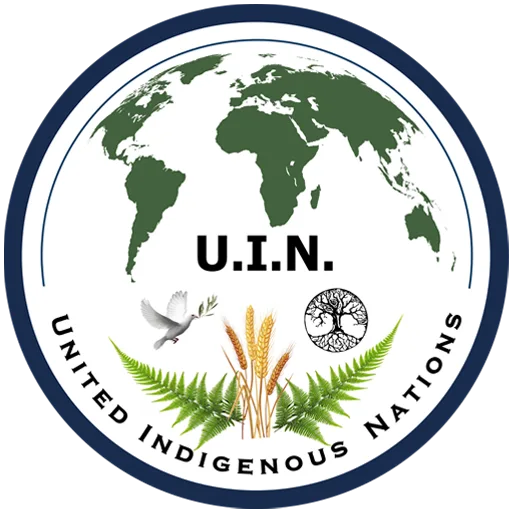International law forms the foundation of international relations and establishes norms and principles that are binding on all states. One of the highest legal sources within international law is Jus Cogens norms, which are universally applicable and cannot be deviated from. The Jus Cogens Draft of 2022, developed by the United Nations International Law Commission (ILC), represents a significant development. This draft has far-reaching implications, particularly for indigenous peoples, in terms of their right to self-determination and protection from discrimination.
This article summarizes the key points of the Jus Cogens Draft 2022 and explains why it is of great importance for indigenous nations and the United Indigenous Nations (U.I.N.).
Jus Cogens, also known as peremptory norms of international law, comprises rules that the international community recognizes as so fundamental that no deviation or nullification through treaties or national laws is possible. Examples of such norms include the prohibition of genocide, slavery, torture, and apartheid.
The Jus Cogens Draft of 2022 aims to clearly define these norms and specify their legal consequences in international law. A particular focus is on their universal applicability and the fact that violations of Jus Cogens norms have legal consequences on an international level.
The draft contains several key points that are particularly relevant to the rights of indigenous peoples:
A central aspect of the Jus Cogens Draft is the recognition of the right to self-determination as a peremptory norm of international law. This means that indigenous peoples have an established right to determine their own political, economic, social, and cultural development. This includes the right to autonomy and self-governance.
Jus Cogens norms take precedence over other international legal obligations. This means that no state or international organization can enter into agreements that contradict these norms. For indigenous peoples, this provides a solid legal basis to assert their rights at the international level.
The Jus Cogens Draft affirms that the prohibition of racial discrimination and systematic oppression is also a peremptory norm. Many indigenous peoples have historically and continue to face discrimination and marginalization. By classifying such practices as violations of Jus Cogens, indigenous communities gain a stronger legal foundation to demand protection and justice.
A crucial aspect of the draft is the definition of consequences for states that violate Jus Cogens norms. These include:
Indigenous communities often face challenges that affect their cultural identity, land, and resources. The Jus Cogens Draft 2022 provides a strong legal foundation to defend their rights at the international level.
By establishing the right to self-determination as a Jus Cogens norm, it reinforces that indigenous nations are not merely ethnic minorities within a state but distinct peoples with inherent rights to land, culture, and political self-governance.
Many indigenous peoples are subjected to state policies aimed at forced assimilation or cultural eradication. The recognition of anti-discrimination norms as Jus Cogens gives them a strong legal argument to resist such practices.
With the codification of Jus Cogens norms, indigenous communities can appeal to international institutions such as the United Nations, the International Criminal Court, or regional human rights courts to challenge violations of their rights.
The U.I.N. plays a vital role in connecting indigenous communities worldwide and can use the Jus Cogens Draft 2022 as a foundation to:
The Jus Cogens Draft 2022 represents a significant advancement in international law and has profound implications for the rights of indigenous peoples. The confirmation of the right to self-determination, protection from discrimination, and the universal applicability of these norms provide indigenous communities with a strong basis to assert their rights on the international stage.
The United Indigenous Nations (U.I.N.) can leverage this development to defend indigenous rights and achieve greater political and legal recognition. Through networking, education, and strategic legal action, the Jus Cogens Draft 2022 can serve as a tool to create a more just future for indigenous peoples worldwide.
Write an E-Mail
